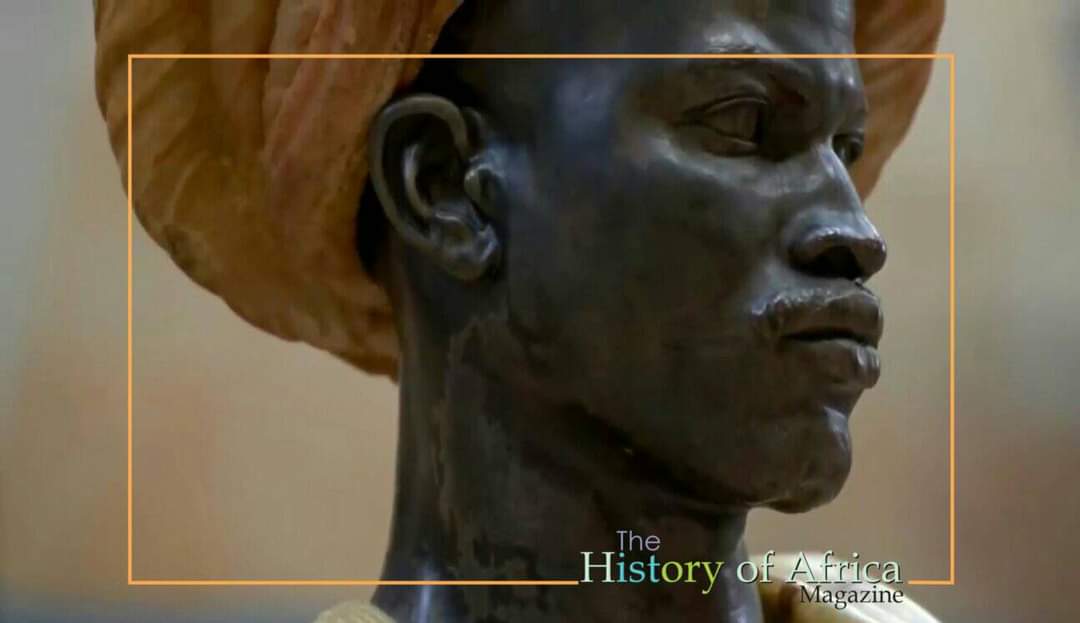THE GOLDEN AGE OF THE MOORS

THE GOLDEN AGE OF THE MOORS
Between the 7th and 14th centuries AD, during the European Dark Ages, the Moorish Empire in Spain emerged as one of the world's most advanced civilizations.
General Tarik and his Black Moorish army from North-west Africa conquered Spain after a week-long battle with King Roderick, starting in April of 711 AD. The conquest of the entire Iberian peninsula took seven years.
The words "tariff" and the "Rock of Gibraltar" were named after Jabal Tarikh. The Moors observed that Europe, aided by the Catholic Church, had regressed to near barbarism and bloodletting. The population, 90% illiterate, had lost the civilizing principles from ancient Greece and Rome.
The Moors reintroduced mathematics, medicine, agriculture, and the physical sciences. They replaced Roman numerals with Hindu-Arabic figures, including the zero and the decimal point, as Dr. Van Sertima notes, "You can't do higher mathematics with Roman numerals."
In agriculture, the Moors introduced cotton, rice, sugar cane, dates, ginger, lemons, and strawberries to Europe. They also taught the continent how to store grain for up to 100 years and built underground grain silos. A world-famous silk industry thrived in Spain.
The Moors excelled in hydraulic engineering, constructing an aqueduct that transported water from the mountains to the city through lead pipes. They taught Europe large-scale mining for minerals, including copper, gold, silver, tin, lead, and aluminum.
Spain became a global hub for high-quality sword blades and shields, with production reaching up to 12,000 per year. Moorish Spain rivaled only Byzantine in beauty. Spanish craft and woolens gained worldwide acclaim, along with world-class glass, pottery, vases, mosaics, and jewelry crafted by Moorish artisans.
The Moors introduced paved, lighted streets with raised sidewalks for pedestrians in Europe. Compulsory education, a departure from the previous practice during the Greek and Kemet era, was instituted. The University of Salamanca was constructed and taught by African scholars, Arabs, and a few Hebrew-speaking groups.
Soap was reintroduced by the Moors in Europe, addressing hygiene issues that had persisted since the fall of Rome in the 5th century CE. This contributed to averting plagues that had previously devastated the European population, alongside other factors such as constant bloodletting in the name of religion.

